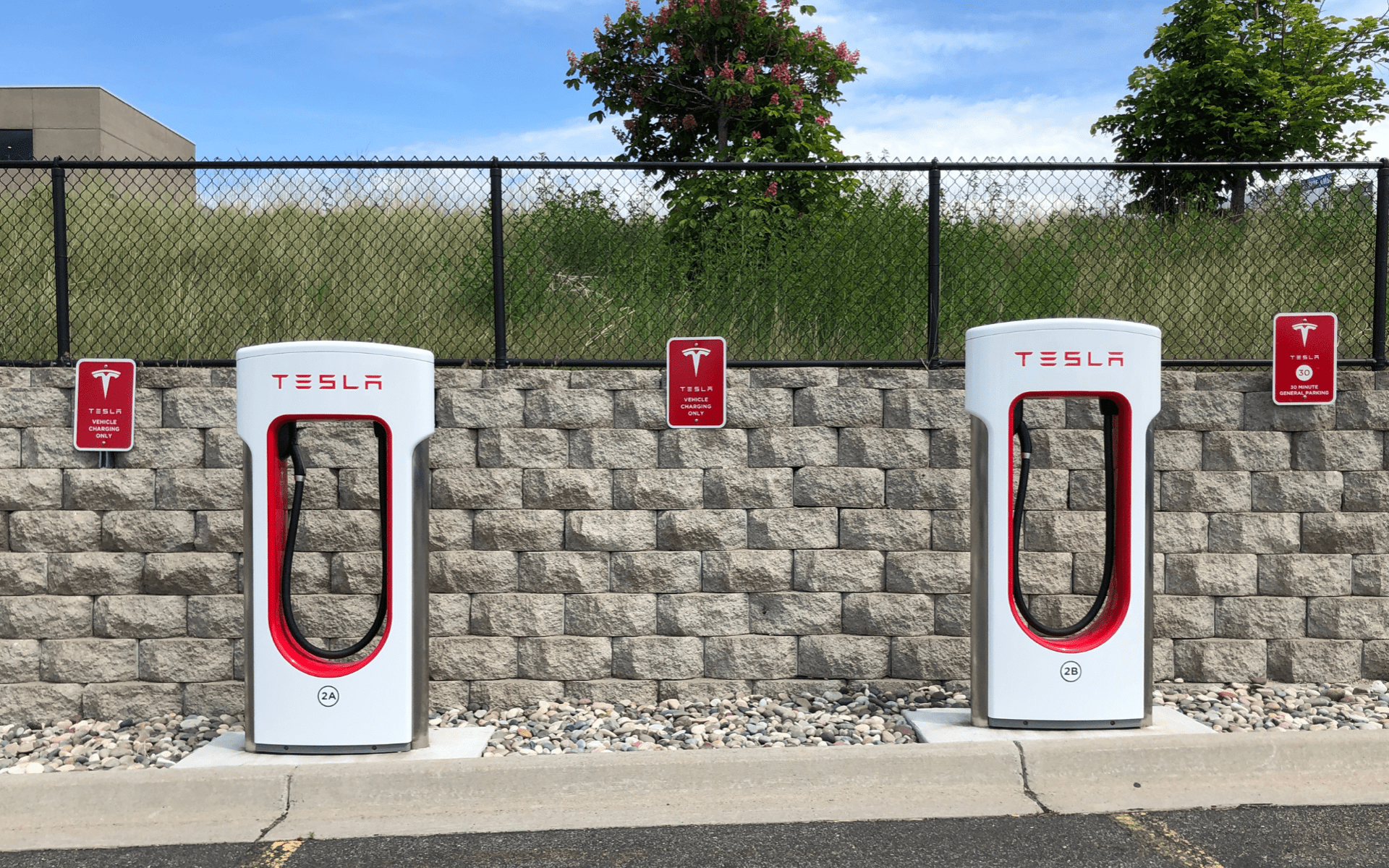Part 1: Legislative History and a Recounting of § 303 Uses
By Johanna Adashek
The Clean Air Act contains what can be considered an “Emergency Provision” or a “Substantial Endangerment Provision” that provides EPA with the authority to unilaterally issue orders to polluters substantially endangering the public health, welfare, or the environment. This broad and versatile power, while not frequently used, has demonstrated the potential to combat ongoing or imminent hazards from further harming the public or the environment. This post will review the legislative history of § 303 beginning with the emergency provision in the Air Quality Act of 1967 to the Clean Air Act of 1970 and two subsequent Clean Air Act amendments. After detailing how Congress has strengthened the emergency provision in Clean Air Act § 303, this post will then recount EPA’s use of § 303 over the past half century.
Continue reading “Clean Air Act § 303 Coming into the Limelight “






